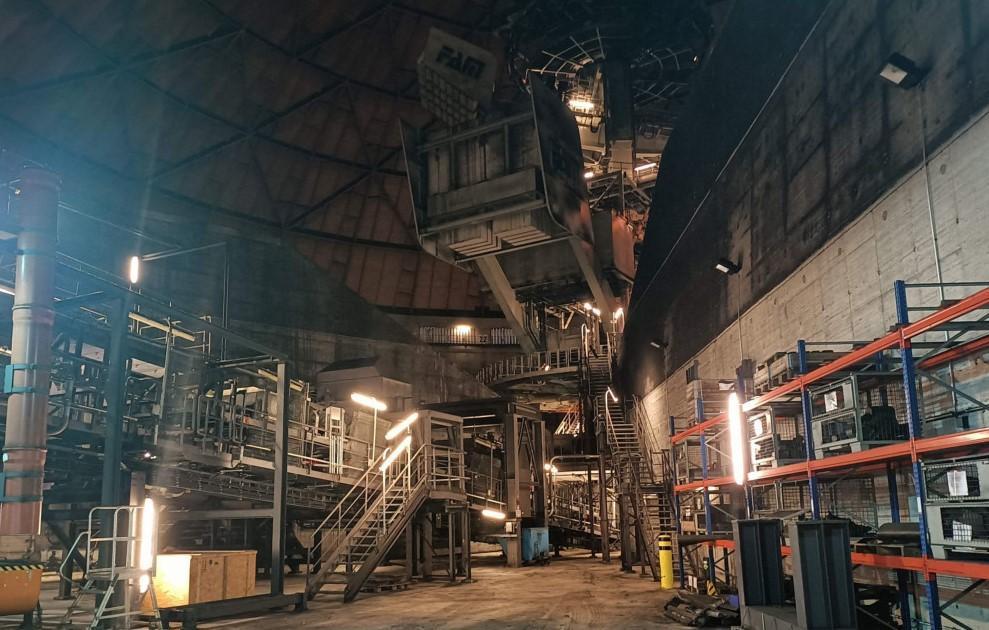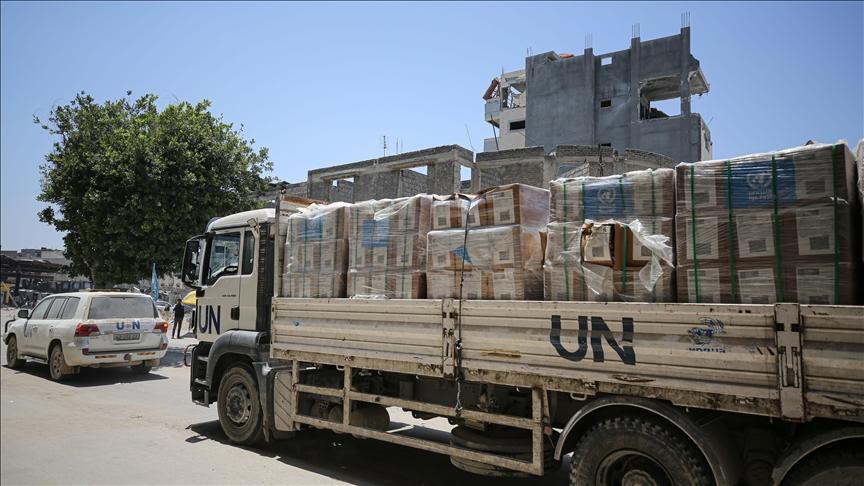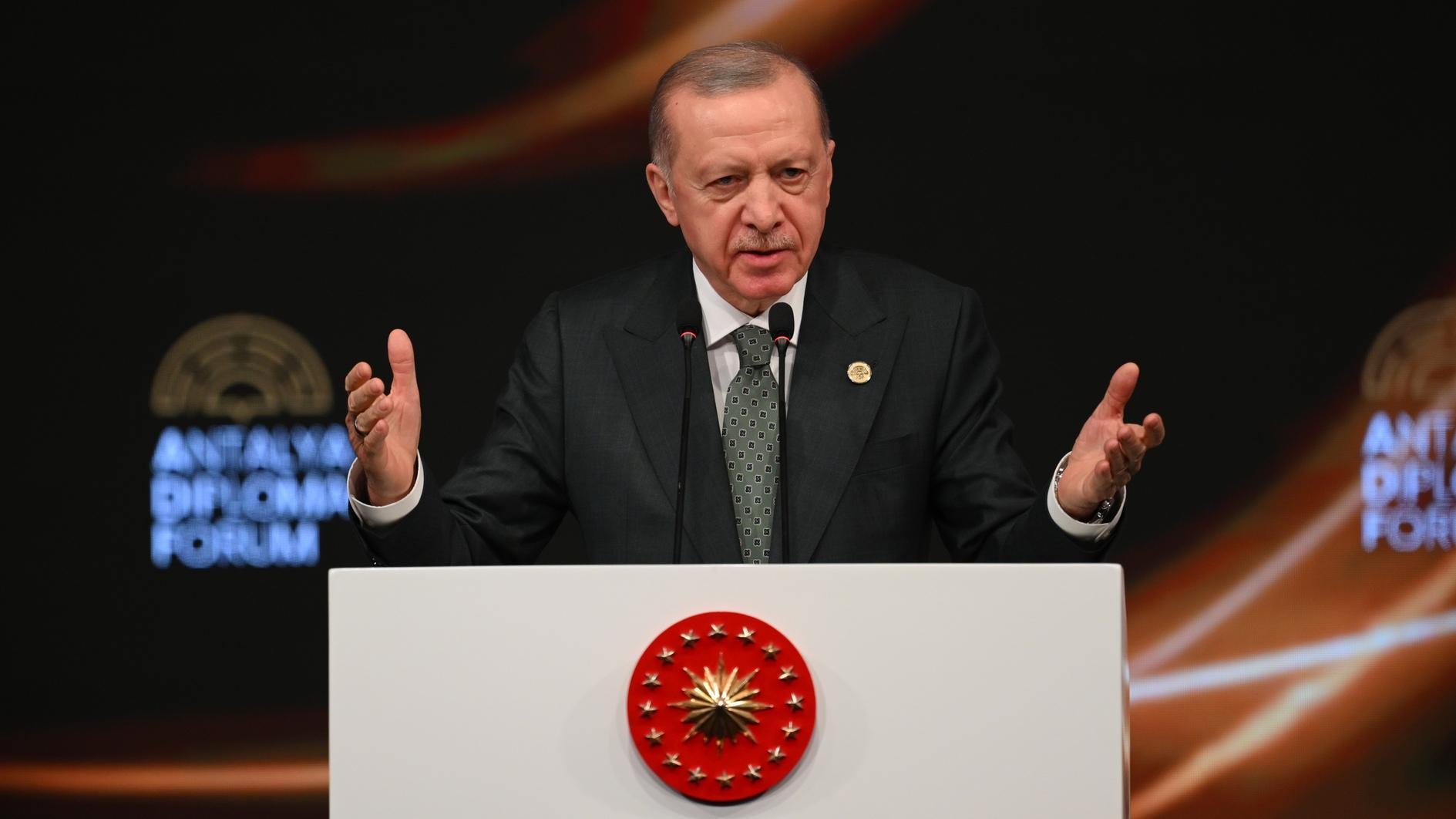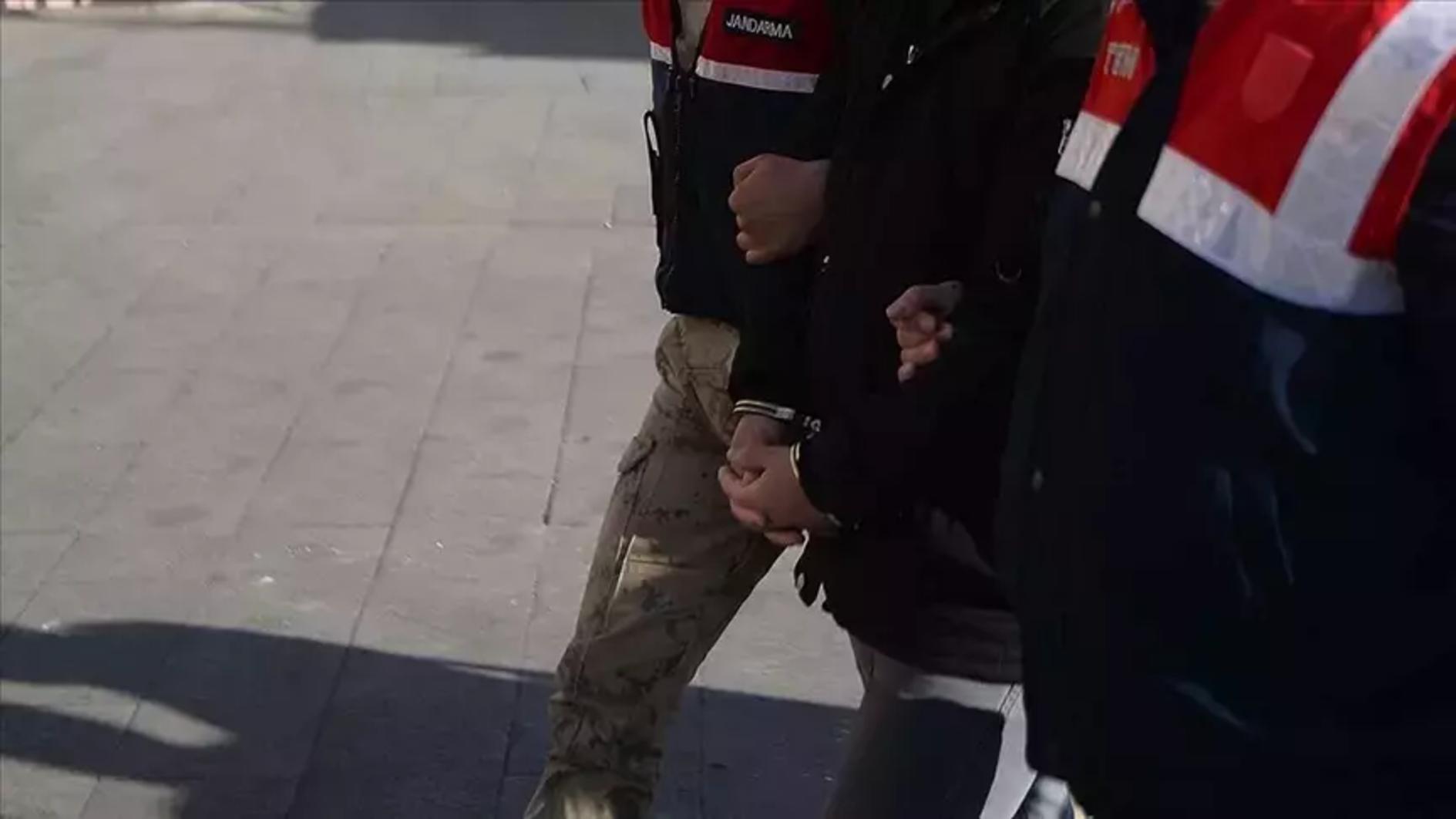EU faces ‘awful winters’ without gas cap
BRUSSELS

Belgium’s energy minister has warned that EU countries will face “five to ten” “terrible” winters if nothing is done to reduce natural gas prices.
Calls are mounting for an EU-wide cap on the price of gas and its decoupling from the price of electricity.
EU states have been struggling with huge energy price hikes since key gas supplier Russia invaded Ukraine in February, triggering sanctions.
But Germany says it is replenishing its gas stores faster than expected.
Western countries backing Ukraine are trying to cut the amount of Russian gas and oil they import. Russia, which supplied the EU with 40 percent of its gas last year, has in turn restricted supplies.
Belgian Energy Minister Tinne Van der Straeten wrote on Twitter that gas prices in Europe needed to be frozen urgently, adding that the link between gas and electricity prices was artificial and needed to be reformed.
“The next five to 10 winters will be terrible if we don’t do anything,” she said. “We must act at source, at European level, and work to freeze gas prices.”
Electricity prices have also been soaring in Europe, and reached record highs this week. Gas is a major source of electricity generation.
In Germany, the year-ahead contract for electricity reached 995 euros ($991) per megawatt hour while in France, it rose to 1,130 euros. This represents a more than tenfold increase in both countries from last year.
“We have to stop this madness that is happening right now on energy markets,” Austria’s Chancellor Karl Nehammer said.
Electricity prices must go down, he said, calling on the EU to decouple electricity and gas prices.
“We cannot let [Russian President Vladimir] Putin determine the European electricity price every day,” he added.
Germany, the largest importer of Russian gas in 2020, has been racing to bolster its gas reserves before winter despite Russia cutting deliveries.
Its aim is to fill its gas capacity to 85 percent by October. It has implemented energy-saving measures to do so.
Economy Minister Robert Habeck said such measures, along with buying gas from alternative suppliers, had enabled Germany to fulfil its goal sooner than anticipated.
He estimated that the 85 percent target could be reached by the start of September.
















